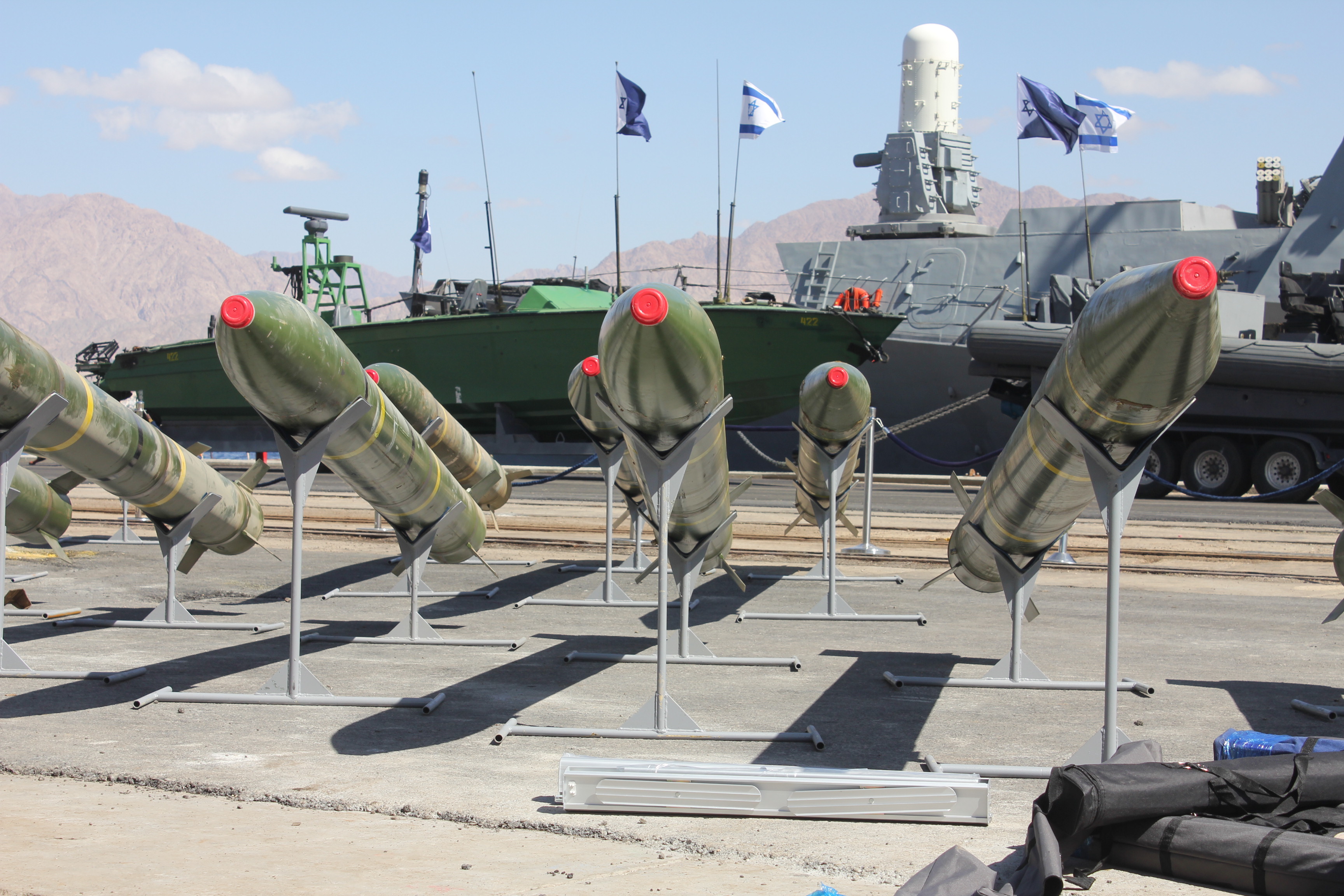COMMANDER
OF the 7th Brigade’s 77th Armored Battalion Lt.-Col. Yair Or addresses
his officers near the West Bank village of Idna. Photo: COURTESY IDF SPOKESMAN'S OFFICE
The steep, green hills southwest of Hebron were peppered by white
large boulders, before making room for a valley, in which a Palestinian
village was nestled.Approaching it was a convoy of IDF jeeps carrying officers from the 7th Armored Brigade, as well as a row of fast-walking infantry soldiers, members of the brigade’s elite Reconnaissance Company.
They were all taking part in a drill designed to improve their ability to storm Hezbollah-controlled villages in southern Lebanon. The mission: To test the ability of company and platoon commanders to plot ground offensives on challenging terrain, and enter a village without exposing their soldiers to deadly Hezbollah fire.
The exercise is what the IDF calls a “skeleton drill,” involving only commanding officers and a few units.
The onus is on the officers – they must simulate an attack and test theories on how best to achieve their goals.







But a group called NGO Monitor has pointed out what I want to highlight, which is that the U.S. taxpayer is contributing to CatC, if perhaps indirectly, through grants from the National Endowment for Democracy (NED). (See the full NGO Monitor report here.) The NED receives funding from Congress, and between 2006 and 2012, it made grants in excess of $230,000 to the Holy Land Trust.*
Yitzhak Santis points out that HLT explicitly favors the “BDS” – boycott, divestment, sanctions – action program against Israel, which is opposed by the U.S. government. NGO Monitor, in a 2013 report, documented HLT’s support for the Kairos Palestine document, which among other things calls for the establishment of a Palestinian state with “Al-Quds” (Jerusalem) as its capital.
As one of the two sponsors of CatC, HLT endorses the CatC Manifesto. Unfortunately, the Manifesto is full of peculiar and prejudicial wording; to my eye (as an evangelical Christian), the Manifesto appears to be trying to insist on political and theological points that many Christians would find invalid or disputable, while not explicitly stating them. Some examples (in bold), indicated by their point numbers in the Manifesto: